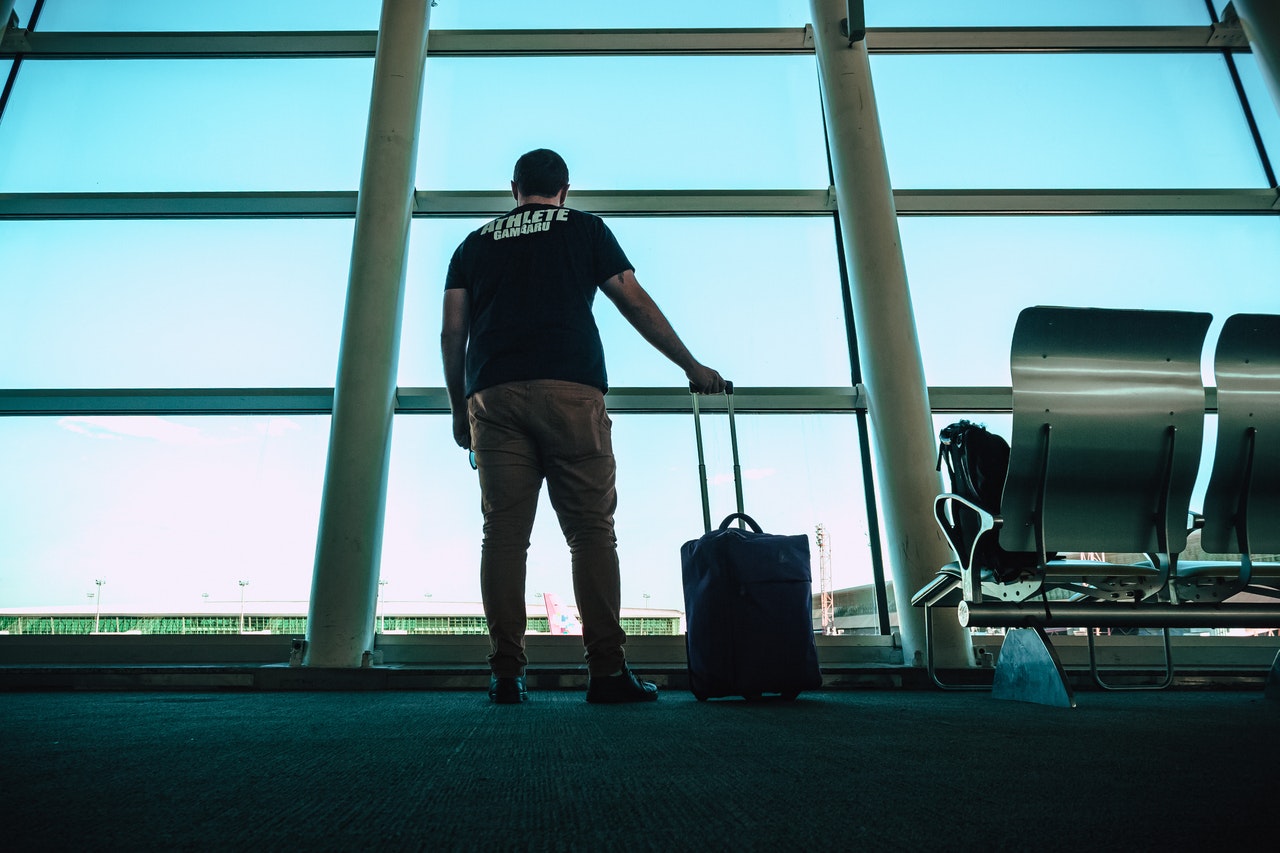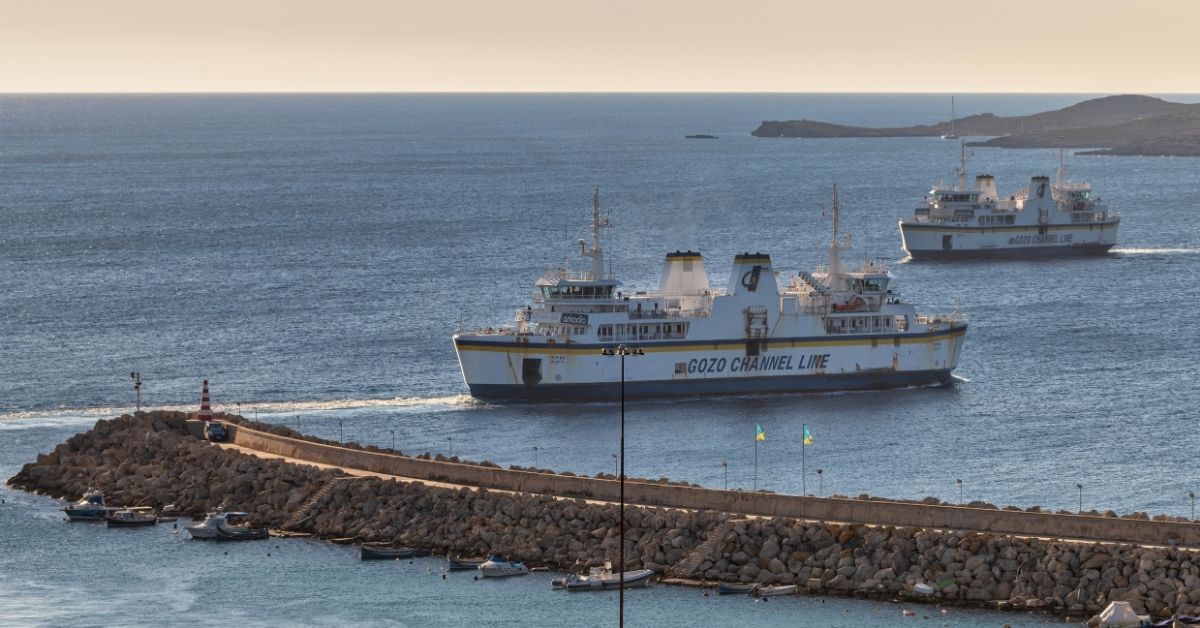A study analysing countries where money from tourism makes up the greatest share of local GDP, as well as those which receive the most money from visitors, finds that globally, Malta is the ninth most reliant country on tourism.
The study by Bounce, a global luggage storage firm sourced data from the World Travel & Tourism Council via the World Bank, and refers to 2018 figures – the most recent available for all countries around the world.
And, while the figures may seem outdated, the study sheds light on how devastating the pandemic was for economies, such as Malta, that are highly dependent on tourism.
The study reviews direct tourism contributions to a country’s GDP, the share of workers employed in the tourism industry, and then takes an average contribution based on the two figures.
Aruba came in in first place, with a tourism contribution to GDP at as whopping 27.64 per cent, and the share of workers employed in tourism at an even higher 29.91 per cent. This was followed by the British Virgin Islands, the Maldives, the Seychelles, the Bahamas, St. Lucia, Cape Verde, Vanautu Malta (9th place) and Belize.
Top 10 Countries that Rely on Tourism the Most
| Rank | Country | Tourism contribution to GDP | Tourism contribution to employment | Average contribution |
| 1 | Aruba | 27.64% | 29.91% | 28.77% |
| 2 | British Virgin Islands | 32.96% | 24.03% | 28.49% |
| 3 | Maldives | 38.92% | 15.74% | 27.33% |
| 4 | Seychelles | 25.74% | 25.35% | 25.54% |
| 5 | Bahamas | 19.23% | 26.48% | 22.86% |
| 6 | St. Lucia | 15.61% | 27.30% | 21.45% |
| 7 | Cape Verde | 17.66% | 15.77% | 16.72% |
| 8 | Vanuatu | 18.16% | 14.35% | 16.25% |
| 9 | Malta | 14.08% | 15.64% | 14.86% |
| 10 | Belize | 14.95% | 12.92% | 13.94% |
Malta was in 2018 found to have a tourism contribution to GDP at 14.08 per cent, and a share of those employed in the industry at 15.64 per cent.
As the world continues to emerge from the pandemic and other crises take centre stage, local tourism stakeholders have expressed concern that Malta is poised to lose out to competing Mediterranean destinations in terms of attracting tourism. Stakeholders first decried the previous retention of COVID travel restrictions when other countries had done away with them, and now that Malta has done away with its dark red and red country categorisations, the issue of reduced airline capacity is causing the biggest concern.
Indeed, in an opinion piece penned by David Curmi, the executive chairman of Air Malta who was writing in his personal capacity, he said that Malta’s airlines are expected to have a seat capacity of around 85 per cent of pre-COVID levels, whilst the top gainers are Spain, Italy and Greece.
Farmhouse once used by 1798 Maltese rebellion leader goes on sale for €2.5m
It once served as the headquarters of Vincenzo Borg, one of the leaders in the Maltese uprising against the French
Strengthening the fight against finance crime: Malta’s cooperation with Asian partners
Matthew Scicluna highlights how these partnerships strengthen Malta’s position as a global financial hub and benefit local businesses
Gozo Channel’s car capacity set to increase by 117 vehicles
The passenger ferries will have enough space for 625 cars once the investment is complete






